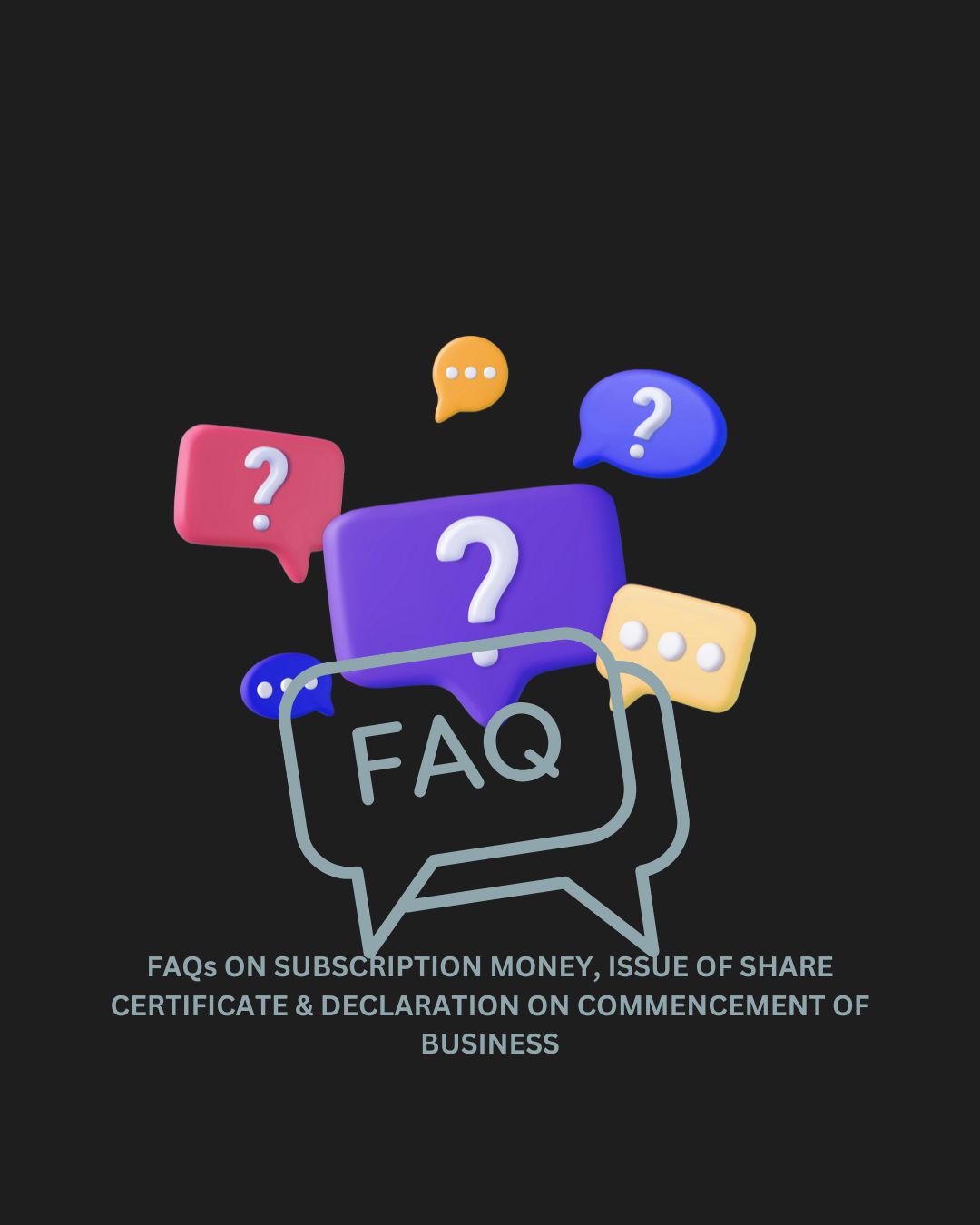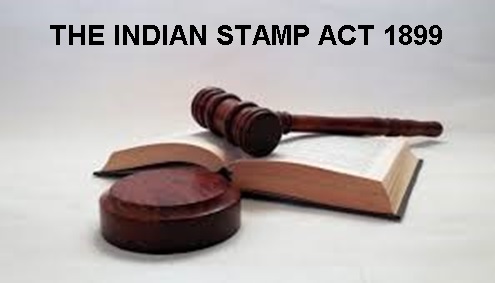A patent is an exclusive right granted to the original inventor for a novel product or a novel process that provides, a unique way of doing something, or which discloses a new technical solution to a problem. It provides monopoly right to the inventor to make, sell his invention or product. Hence it is very essential that patent is only granted to those innovations which justify the exclusive right and comply with the patentability criteria.
The major change in patent filings in India may be attributed to the revolution in the Indian Patent System on 1st January, 2005, when India signed the Trade Related Aspects Intellectual Property Rights (TRIPS) agreement, wherein Section 25 of the act was amended in light of the TRIPS agreement to introduce an “integrated” system of both pre-grant and post-grant opposition in India.1
Opposition proceedings are designed to restrain wrongful obtaining of patents and claiming of the frivolous or petty inventions. To block unlawful grant of patent, there are two provisions available in Indian patent act, wherein opposition may be filed either via pre-grant opposition or post-grant opposition provision depending upon the stage of the patent.
Pre-Grant Opposition:
Section 25(1) of the Patent (Amendment) Act 2005 deals with pre-grant opposition of patent. Under this provision any person or any third party or Government may challenge the application of grant of patent and inform to the controller of Patents for opposition, in writing against the grant of a patent after the application for a patent has been published but before the grant of a patent.
Objective and grounds of Pre-grant opposition:
Indeed, these provisions expect right holders to be very vigilant to understand patents “about to be granted”. Prior to grant, as application for grant gets published, any person may, in writing, oppose the grant of patent. Here, it is not necessary that the applicant should be in any way adversely connected to the applicant or interested in the subject matter of the proposed grant. The hallmark of granting patent lies in ensuring that the patent is granted only to deserving inventions and innovations. If any person finds that there is nothing worthy in the subject matter of an application that justifies granting patent rights, he may submit his opposition.
Section 25(1) of the Patents Act, 1970, consisting of clause (a to k) sets out the grounds on which such an opposition could be submitted to the Controller of Patents. For instance, clause (d) and (e) of Section 25(1) are the important ones. Clause (d) will apply if the opponent finds that the invention so far as claimed in any claim of the complete specification was publicly known or publicly used in India before the priority date of that claim. There is an explanation under this clause as to when it would be deemed to have been publicly known or publicly used in India before the priority date of the claim. In the case of an invention relating to a process, if a product made by that process had already been imported into India before that date, save and except imports for experimentation purposes. The words “publicly known or publicly used in India” are important. Mere importing into India of a product obtained by application or operation of the process is sufficient to constitute a ground.
Another ground for submitting opposition at the pre-grant stage is that when the opponent finds that the invention so far as claimed in any claim of the complete specification is obvious and clearly does not involve any inventive step, having regard to the matter published as mentioned in clause (b) or having regard to what was used in India before the priority date of the claim.
Yet another ground covered by clause (g) is when the complete specification does not sufficiently and clearly describethe invention or the method by which it is to be performed. Thus, there are several grounds for submitting opposition to the grant of patent at the pre-grant stage.
A careful analysis of the specific grounds stated in clauses (a to k) of Section 25(1) of the act will clearly show that ordinarily for mere sake of it, opposition cannot be submitted. There must be cogent description of the grounds supported by illustrations, excerpts and proof of documentary evidence to make the opposition statement strong and valid so that it can enable the controller either to reject the patent application from grant of the patent or it must be such that it results in claims getting amended or deleted.
Post-Grant Opposition:
In this stage the opposition must be filed within one year after the grant of patent, Section 25(2) of the act allows only “persons who are interested” to give notice to oppose the grant. The grounds are similar to what are specified in Section 25(1). Section 2(t) of the Patents Act, 1970 defines this expression. “Persons interested” includes a person engaged in, or in promoting, research in the same filed as that to which the invention relates. In addition, interested person may also include any organization that has a manufacturing or trading/ financial interest in the goods related to the patented product.
Apart from the above, there is an important difference between pre-grant and post grant oppositions. Infringement proceedings cannot be started during pre-grant opposition prosecution as the patent is still in the application stage, whereas infringement proceedings may be introduced in post grant opposition.
Noted Case Laws on patent opposition system:
In Mylan Laboratories Limited v Union of India and others, 2019 (80) PTC 374 (Del), it was the contention of the Writ Petitioner that their pre-grant opposition was not adequately considered and an appeal against the same filed by the Writ Petitioner before the Intellectual Property Appellate Board (IPAB) remains in limbo due to vacancy in the IPAB. As against this contention, the Deputy Controller of Patents contended that all the grounds taken by the pre-grant opponent was duly taken into consideration and even the claims were indeed amended by the applicant for patent only pursuant to the pre-grant opposition. Court held that the pre-grant opposition was decided only on merits and the remedy now available to the Writ Petitioner is either to file post grant opposition or an application for revocation of patent.
The Supreme Court in J. Mitra & Company v Asst Controller of Patents & Designs, (2008) 10 SCC 368, held that as long as the person who has filed the pre-grant opposition is able to show that he is a “person interested”, he is not a person without a remedy after his pre-grant opposition is rejected. He would be entitled to have the remedy of filing a post grant opposition. He has the statutory right to file an application of revocation of patent too.
At the same time, as was observed by the IPAB in Pfizer Products Inc, v Controller of Patent, Designs and Trademarks, 2020 (83) PTC 422 (IPAB), if any opposition is filed either under Section 25(1) or 25(2), which is bogus and without any merit, the same must be thrown out at the earliest by the respondent with heavy costs and penalty. The IPAB said that within a time line of 12 to 15 months post-grant oppositions must be disposed of and if any appeal is filed under section 117 before the IPAB it should be disposed of within a period of 112 months in order to save the reasonable term of the patent.
It would be interesting to note that in the said case the IPAB had lamented that in Patent Application No.IN/PTC/2002/00705/Delhi, in relation to an applicant who had already got patent in 13 countries, even after expiry of 19 years and 7 months, the patent application is now accepted for grant of patent. Less than 4 months are left before expiry of the 20 years during which period only patent granted subsists.
As such we can sum it up by saying it would be useful to ensure that the opposition whether pre-grant or post grant must be serious and strong. Otherwise, the opponent may suffer costs and penalties. Moreover, vexatious proceedings could cause enormous difficulties to the genuine inventors and investors in inventions.
It goes without saying that much better approach would be to carry out a thorough prior art study upfront before filing the application for grant of patent so that the application smoothly passes through the patent examination and patent opposition proceedings if any, for which the applicant / inventor needs an experienced patent agent’s / attorney’s guidance.







